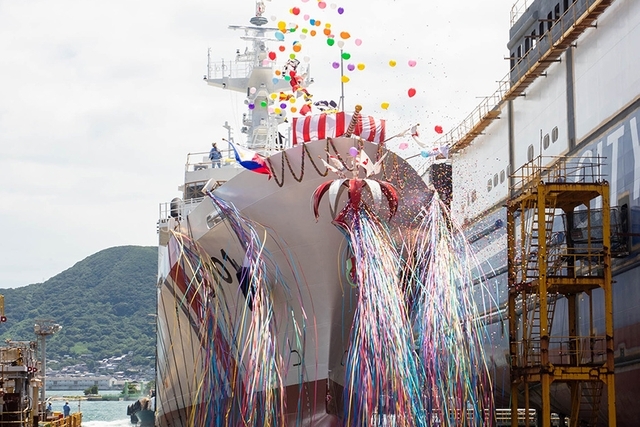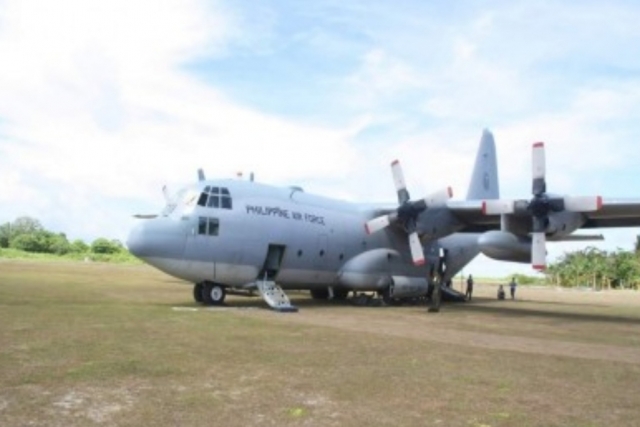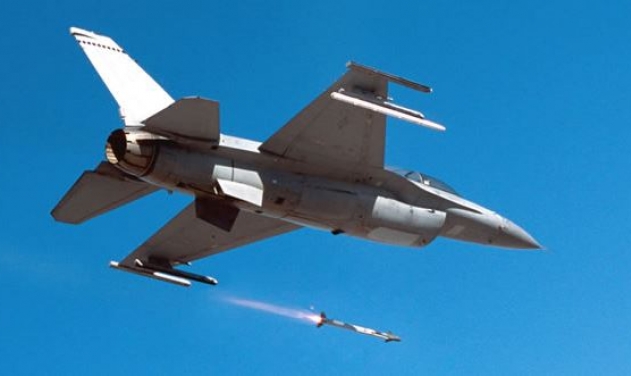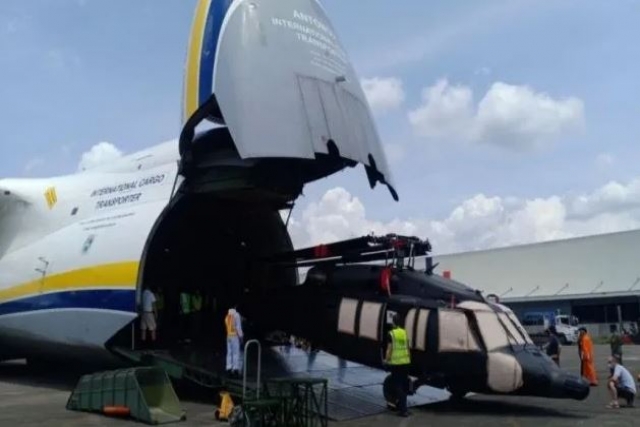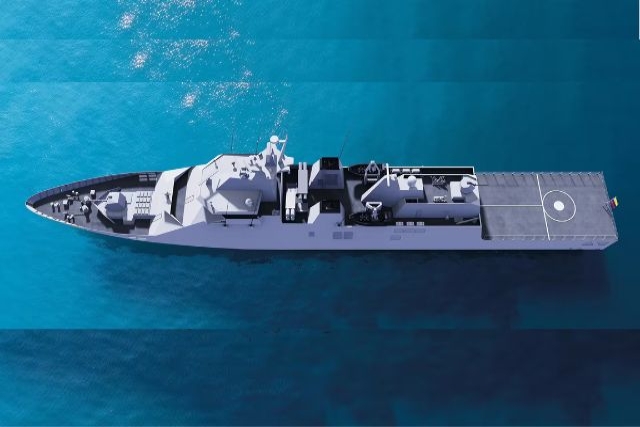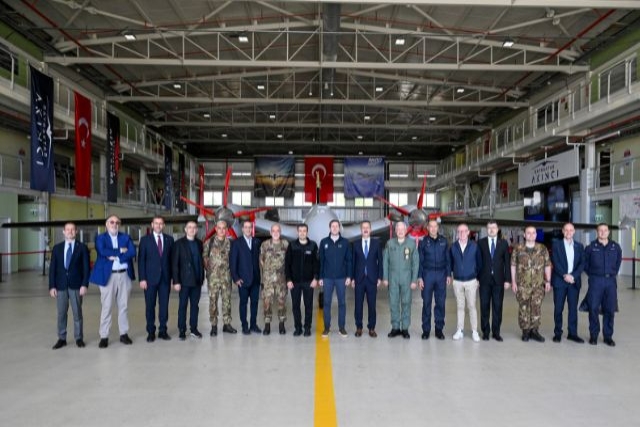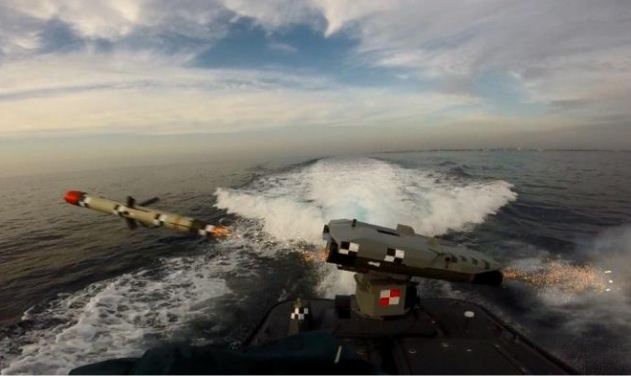Philippine President Restores Visiting Forces Agreement with U.S.
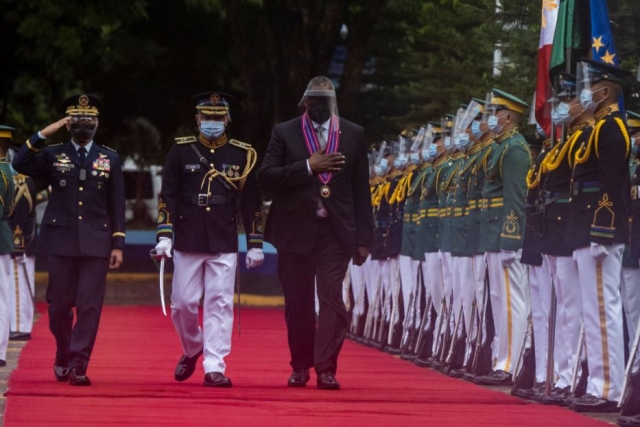
Philippine President Rodrigo Duterte restored the Visiting Forces Agreement (VFA) that allows American soldiers to conduct military exercises on Philippine soil, after meeting with Secretary of Defense Lloyd J. Austin III last night.
Duterte retracted a previous letter notifying Washington he was terminating the VFA pact that first came into force in 1999. The president had decided to terminate the VFA after the U.S. denied a visa to a Philippine senator that he regards as an ally.
An official announcement of the “retraction” was made by Delfin Lorenzana, Philippine national defense secretary.
"After the meeting between Secretary Austin and the president, the president decided to recall or retract a termination letter for the VFA," Lorenzana said. "So, the VFA is in full force again; there is no termination letter pending, and we are back on track with your secretary to plan for future exercises under the VFA."
The bilateral meeting is a platform for the United States and the Philippines — treaty allies — to discuss the situation in the region and plan for the future, Lorenzana said. "It underscored the significance of the bilateral defense relations between the Philippines and the United States in light of new and emerging challenges that confront our nations," he said.
Austin said he was pleased to make his first visit to the Philippines as defense secretary. "I'm glad to have the opportunity in person to reaffirm our shared commitment to the U.S.-Philippine alliance," he said. "Let me thank President Duterte for his decision to fully restore the Visiting Forces Agreement. Our countries face a range of challenges from the climate crisis to the pandemic. And as we do, a strong, resilient, U.S.-Philippines alliance will remain vital to the security, stability and prosperity of the Indo-Pacific. A fully restored VFA will help us achieve that goal."
Thanks to the Visiting Forces Agreement, the Defense Department conducts more than 300 bilateral engagements a year with the armed forces of the Philippines. These range from expert exchanges to ship visits to component exercises and major joint/combined training exercises.
The two defense leaders discussed ways to deepen and reinvigorate the security alliance. They discussed maritime cooperation and U.S. support to the Philippines to modernize the armed forces of the Philippines. They also discussed investments that will help the Philippines navigate the region's complex security environment.
The United States and the Philippines have a robust counterterrorism program. The United States has counterinsurgency efforts in Mindanao, the country's largest island, since 2000.
Like in the rest of Southeast Asia, the United States wants the sovereign right of nations to be respected. During the meeting with Lorenzana, Austin reaffirmed America's commitment to supporting a sovereign and secure Philippines.
"We also talked about how we can work toward a free and open Indo-Pacific rooted in a rules based international order, a region in which countries work together to realize their highest aspirations and to safeguard the rights of all other citizens," he said.
